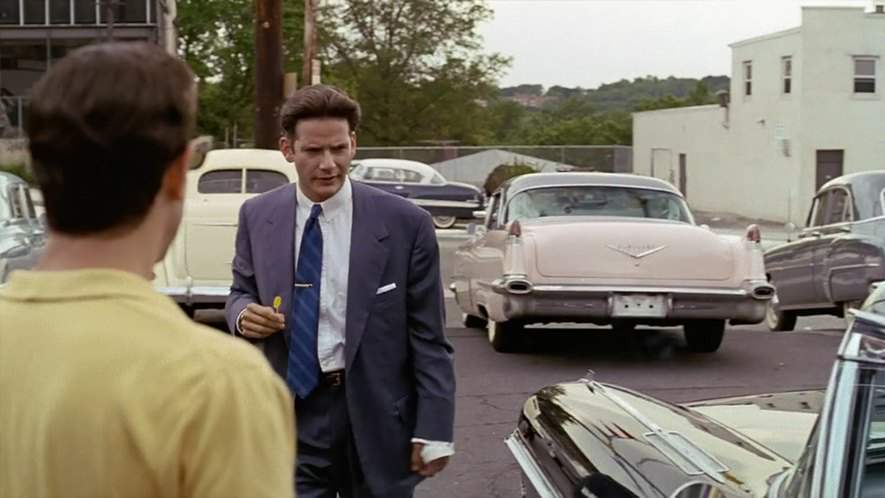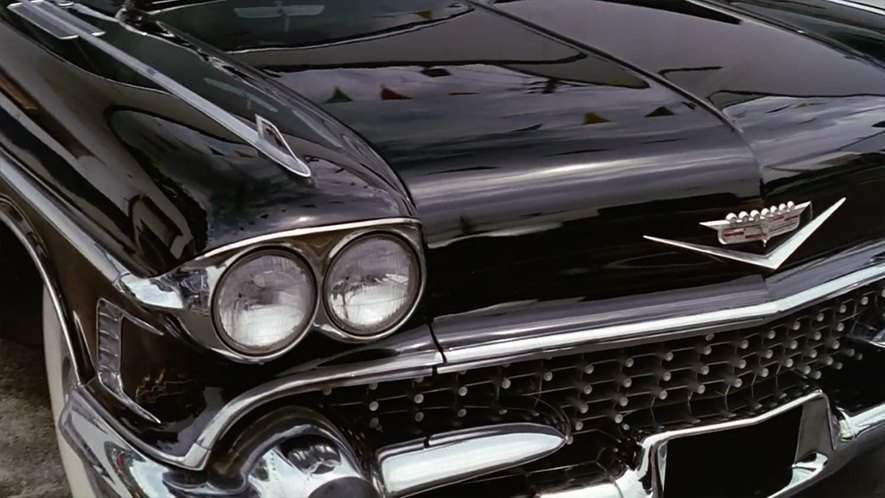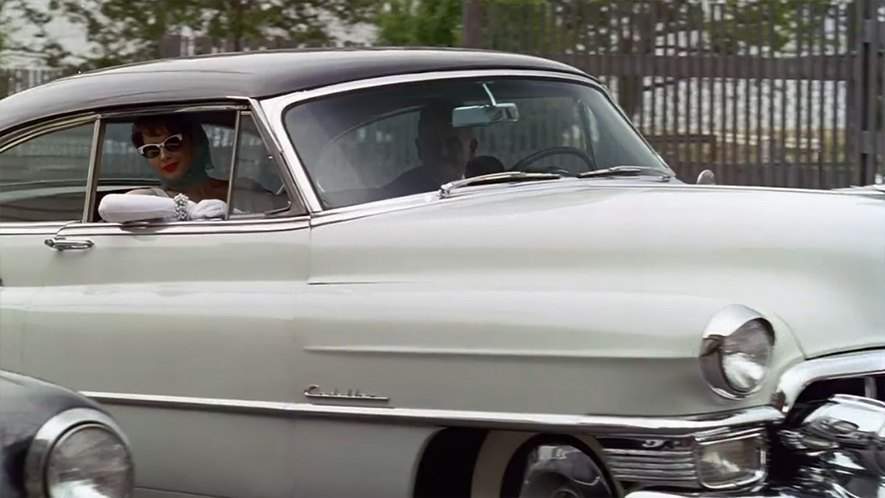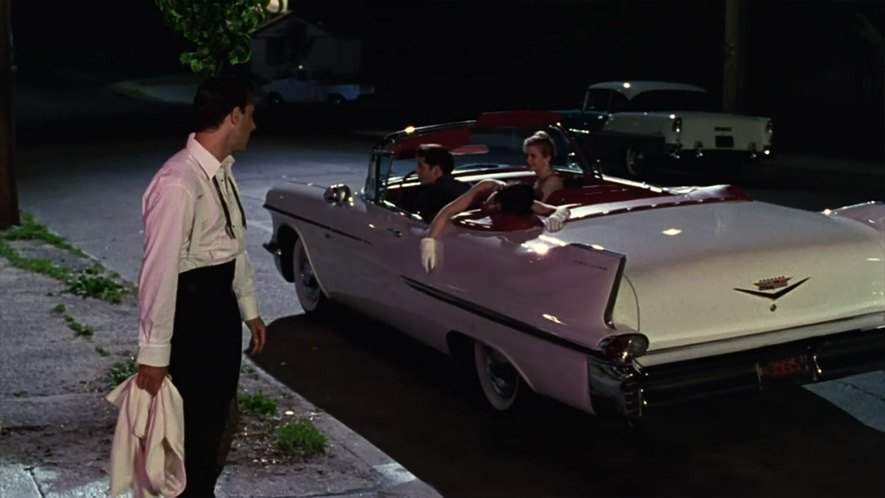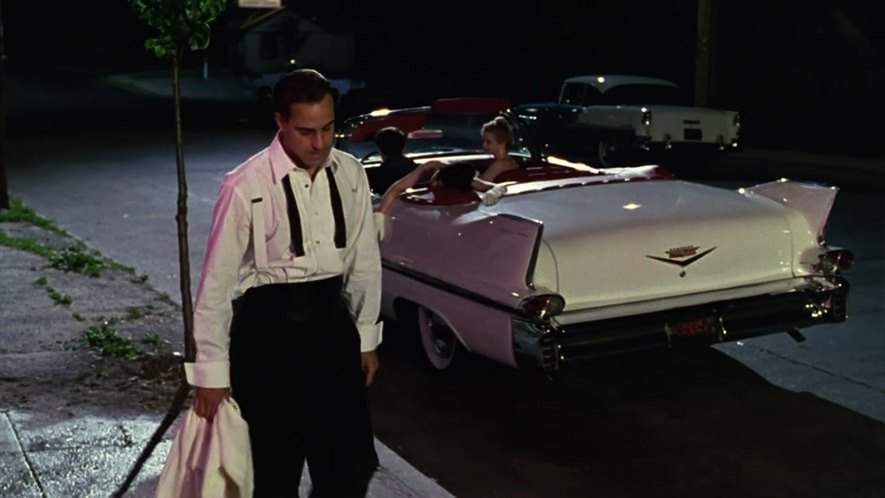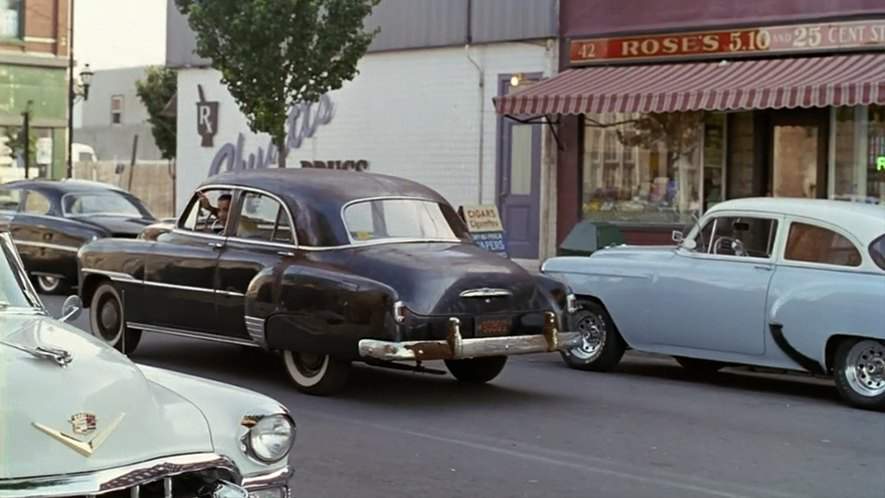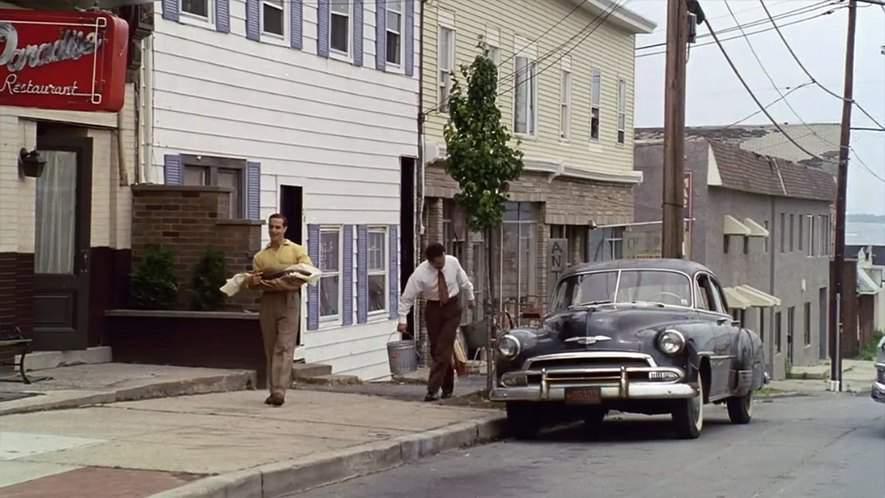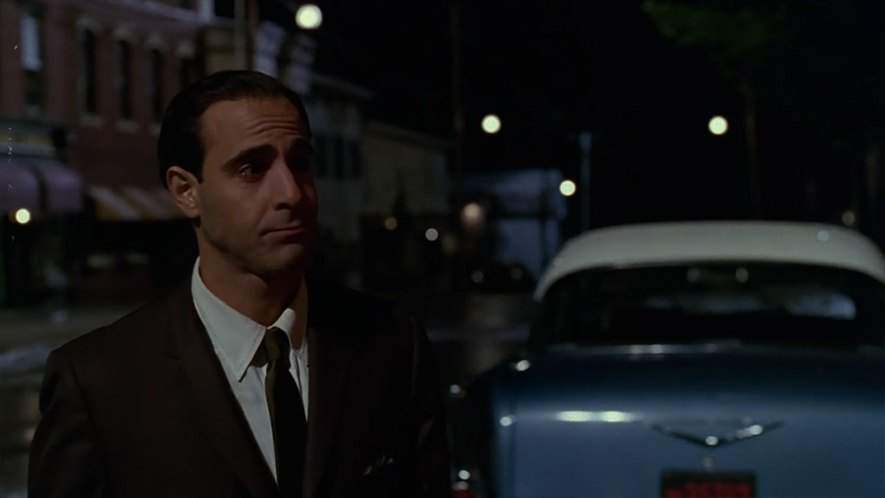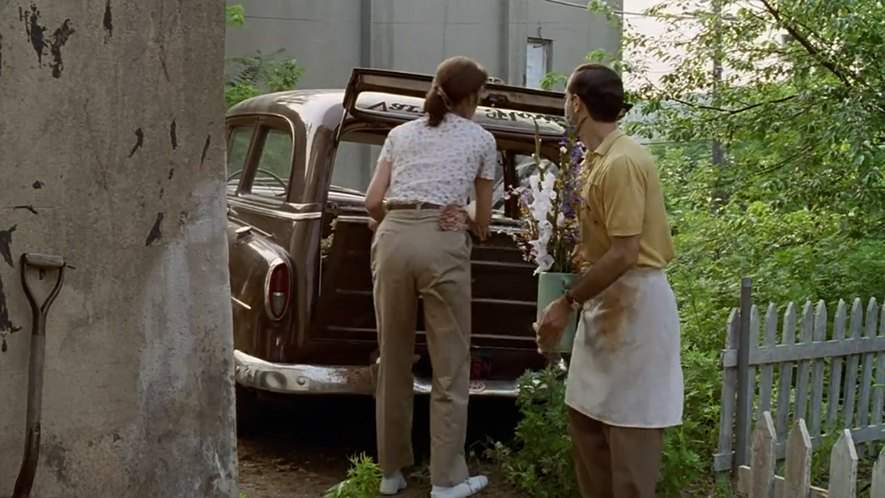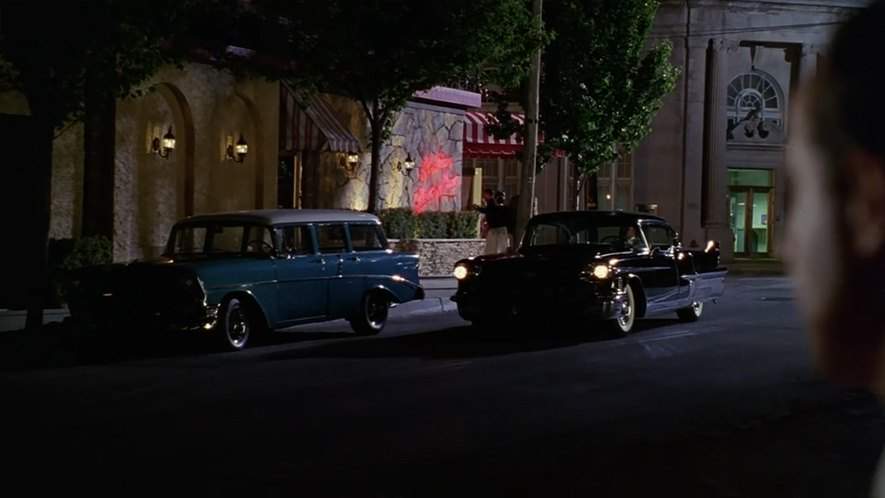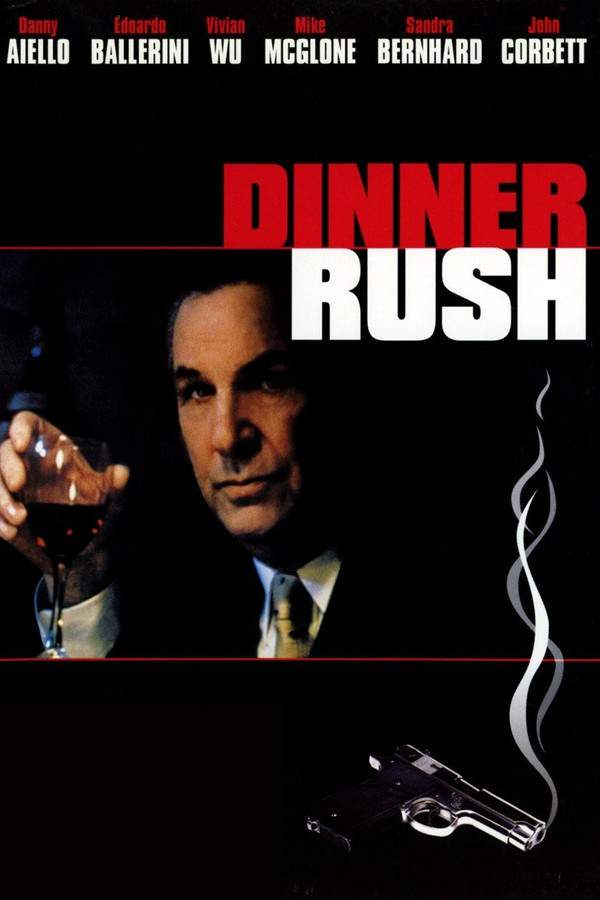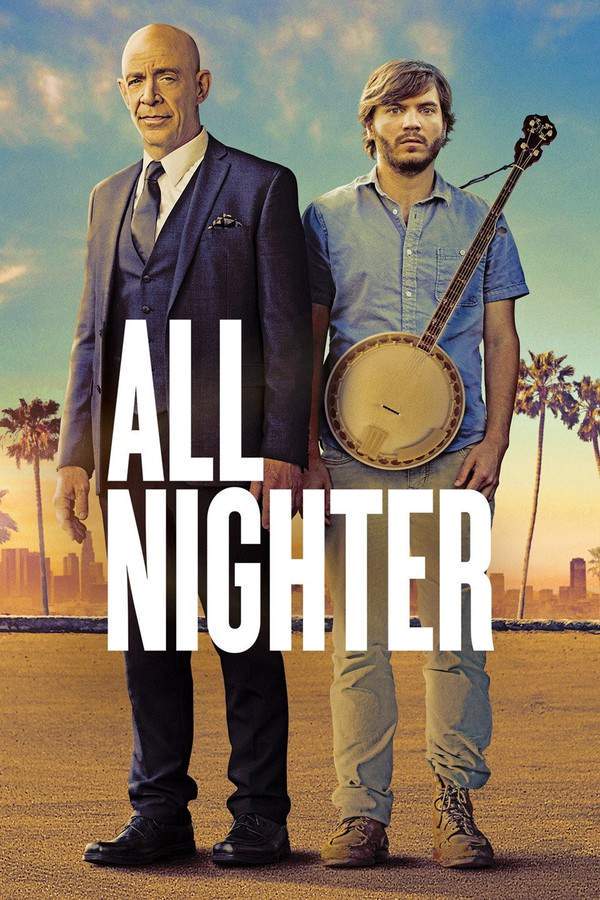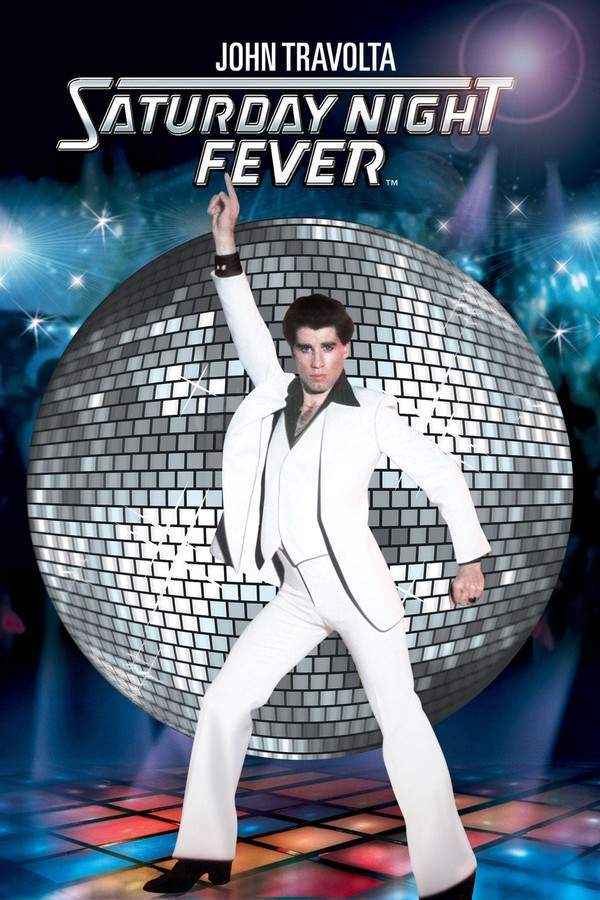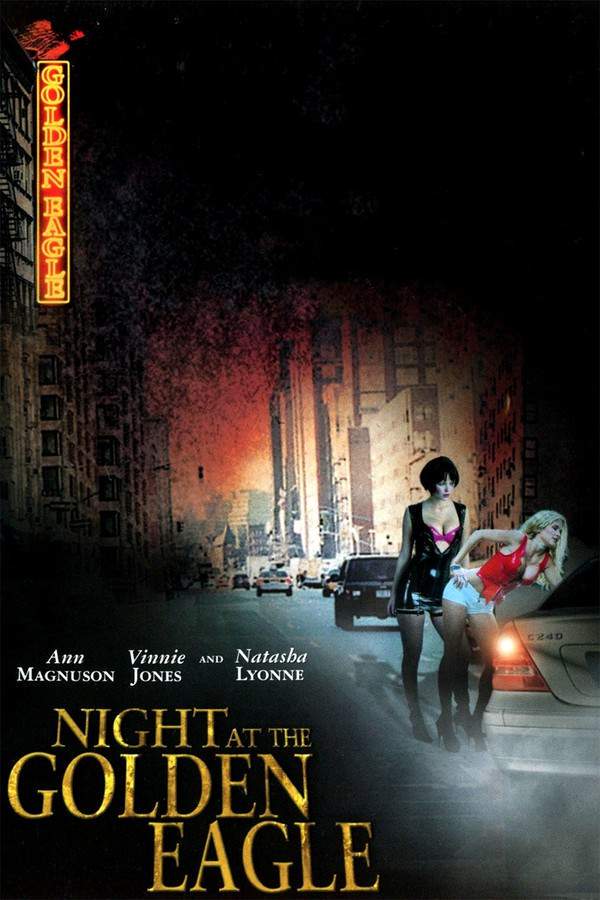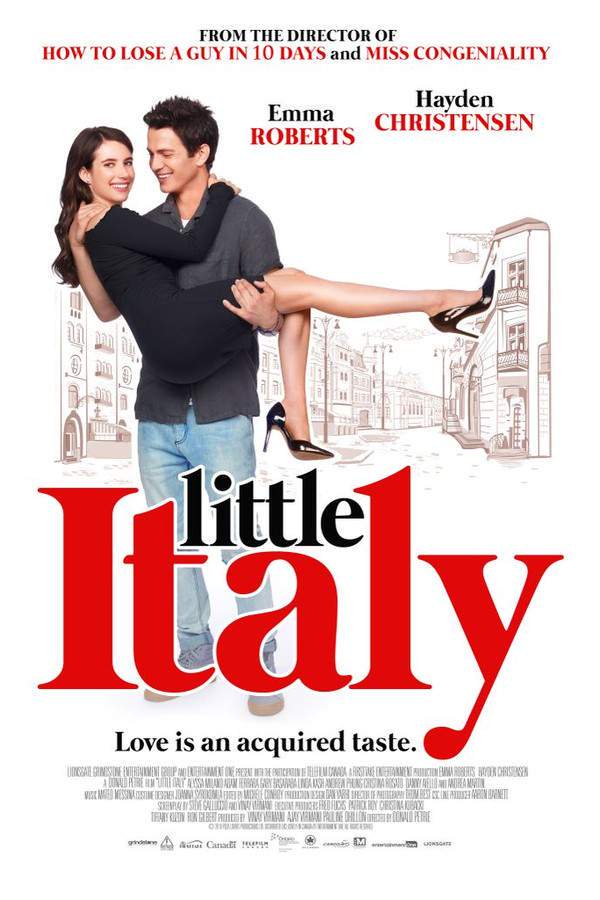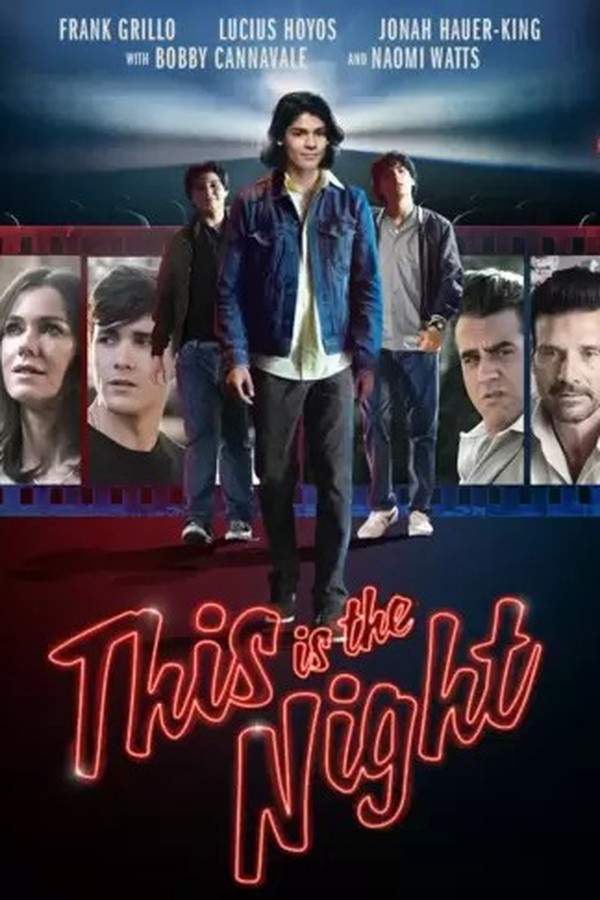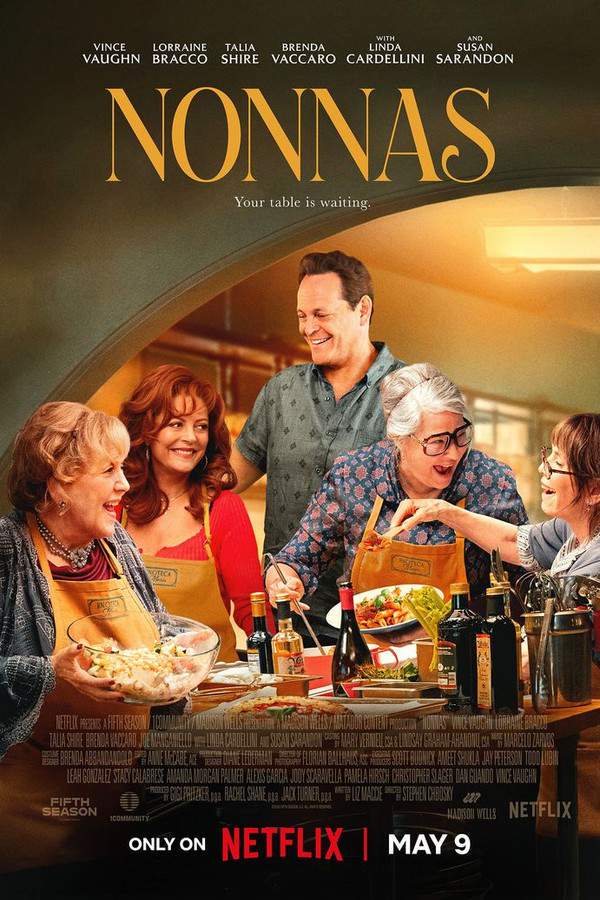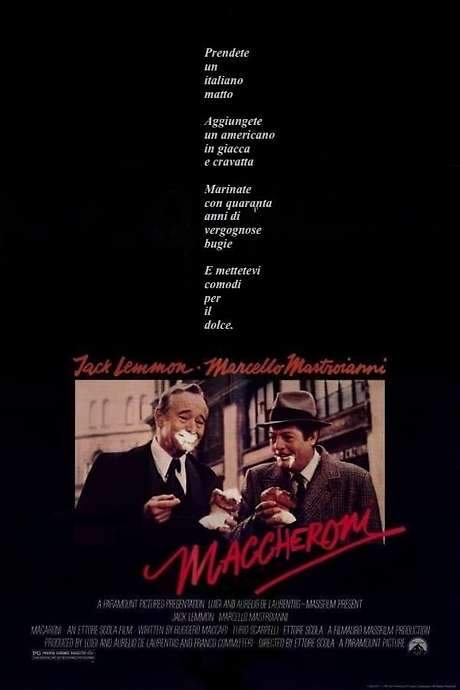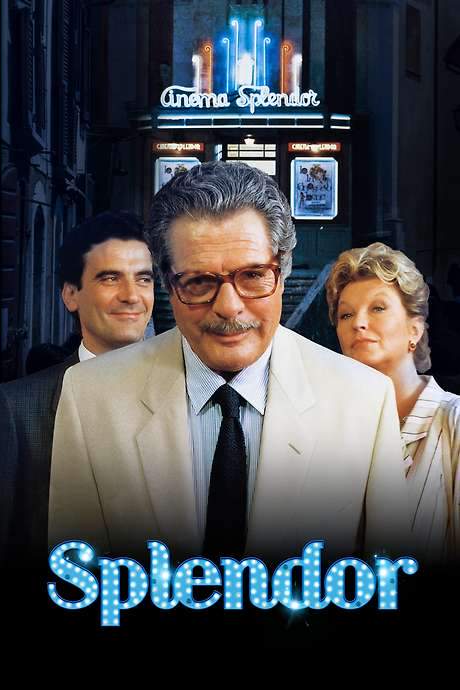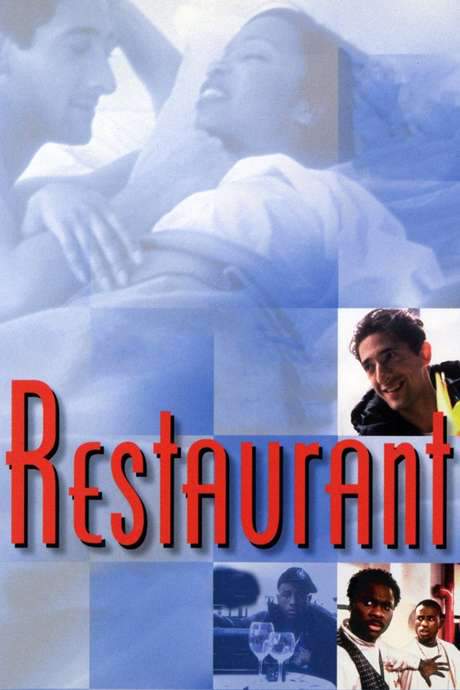Big Night 1996
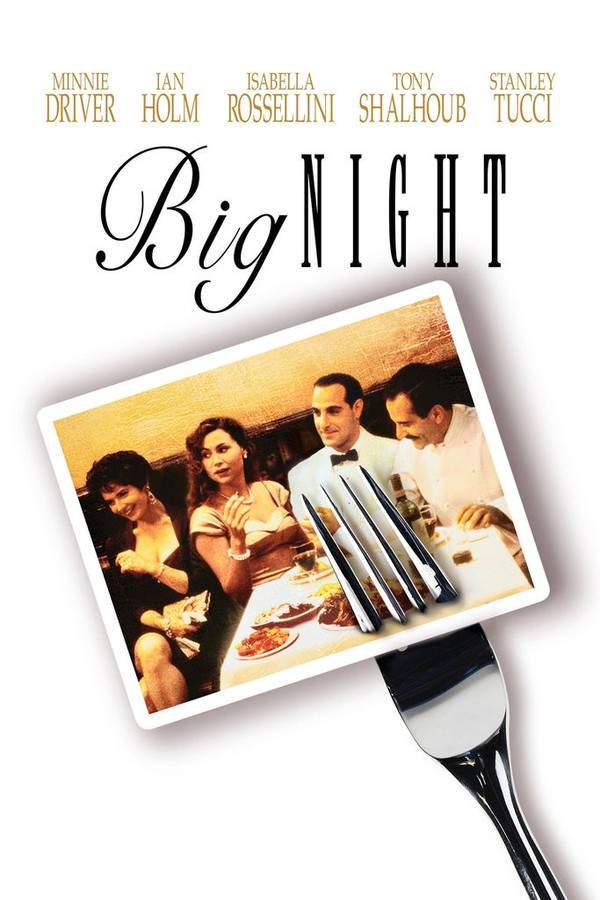
Two Italian immigrant brothers, Primo and Secondo, work tirelessly to keep their Jersey Shore restaurant, Paradise, from closing. Facing financial hardship, they seize an opportunity to cater a lavish dinner party for singer Louis Prima and his orchestra. Determined to showcase their authentic cuisine and passion, the brothers prepare an elaborate and unforgettable meal, hoping it will be their last chance to save their dream.
Does Big Night have end credit scenes?
No!
Big Night does not have end credit scenes. You can leave when the credits roll.
Meet the Full Cast and Actors of Big Night
Explore the complete cast of Big Night, including both lead and supporting actors. Learn who plays each character, discover their past roles and achievements, and find out what makes this ensemble cast stand out in the world of film and television.
External Links and Streaming Options
Discover where to watch Big Night online, including streaming platforms, rental options, and official sources. Compare reviews, ratings, and in-depth movie information across sites like IMDb, TMDb, Wikipedia or Rotten Tomatoes.
Ratings and Reviews for Big Night
See how Big Night is rated across major platforms like IMDb, Metacritic, and TMDb. Compare audience scores and critic reviews to understand where Big Night stands among top-rated movies in its genre.

80
Metascore
7.8
User Score


97%
TOMATOMETER

84%
User Score

7.3 /10
IMDb Rating

69
%
User Score
Take the Ultimate Big Night Movie Quiz
Challenge your knowledge of Big Night with this fun and interactive movie quiz. Test yourself on key plot points, iconic characters, hidden details, and memorable moments to see how well you really know the film.
Big Night Quiz: Test your knowledge on the 1996 film 'Big Night' and its themes of family, ambition, and culinary passion.
What is the name of the restaurant owned by Primo and Secondo?
Paradise
La Dolce Vita
Trattoria Italia
Cucina Calabrese
Show hint
Awards & Nominations for Big Night
Discover all the awards and nominations received by Big Night, from Oscars to film festival honors. Learn how Big Night and its cast and crew have been recognized by critics and the industry alike.
12th Independent Spirit Awards 1997


Best First Screenplay
Best First Feature
Full Plot Summary and Ending Explained for Big Night
Read the complete plot summary of Big Night, including all major events, twists, and the full ending explained in detail. Explore key characters, themes, hidden meanings, and everything you need to understand the story from beginning to end.
On the picturesque shores of New Jersey during the 1950s, two brothers from Calabria run a charming restaurant named Paradise. The elder brother, Primo, is a talented and meticulous chef who struggles against the disappointing expectations of their few customers who desire “Americanized” Italian dishes. As time passes, the prospect of returning to Rome to assist their uncle at his restaurant becomes increasingly appealing to Primo.
In contrast, the younger brother, Secondo, manages the restaurant and is captivated by the transformative promise of their American life. However, despite Secondo’s tireless efforts and Primo’s culinary brilliance, Paradise is unable to achieve the success it desperately needs.
Secondo’s business challenges complicate his personal life, particularly his relationship with his girlfriend, Phyllis. He finds himself entangled in an affair with Gabriella, the spouse of a rival restaurant owner. Her husband’s establishment, Pascal’s, thrives even though it serves mediocre dishes, leading Secondo to feel increasingly trapped.
In a bid to save Paradise, Secondo approaches Pascal for a loan. Pascal declines but offers an alternative that he believes will bring the brothers success: he promises to tempt the renowned Italian-American singer, Louis Prima, to dine at their restaurant, asserting that this would rejuvenate their business. Excited, Primo and Secondo pour their heart and soul into planning for this momentous evening, investing their savings into a splendid feast featuring a magnificent timpano.
The night of the celebration arrives, and guests indulge in Primo’s exquisite preparations. However, as the hours slip by, it becomes clear that Louis Prima is a no-show. Although a reporter has come to cover the event, expressing intentions to send a food critic, the mood shifts dramatically when Phyllis discovers Secondo’s affair with Gabriella, prompting her to flee to the beach. In a shocking revelation, Pascal confesses to Secondo that he never reached out to Prima, exposing a scheme to undermine the brothers.
After a heated confrontation between Primo and Secondo that ignites their underlying tensions, Secondo follows Phyllis to the beach for what turns into a final confrontation. With the dawn approaching, Secondo quietly prepares an omelette, splitting it into portions for himself, Cristiano, and Primo. As they share a silent meal together, arms draped across each other’s shoulders, the brothers find a moment of connection amid their struggles, symbolizing their enduring bond even in adversity.
Uncover the Details: Timeline, Characters, Themes, and Beyond!

Coming soon on iOS and Android
The Plot Explained Mobile App
From blockbusters to hidden gems — dive into movie stories anytime, anywhere. Save your favorites, discover plots faster, and never miss a twist again.
Sign up to be the first to know when we launch. Your email stays private — always.
Watch Trailers, Clips & Behind-the-Scenes for Big Night
Watch official trailers, exclusive clips, cast interviews, and behind-the-scenes footage from Big Night. Dive deeper into the making of the film, its standout moments, and key production insights.
Cars Featured in Big Night
Explore all cars featured in Big Night, including their makes, models, scenes they appear in, and their significance to the plot. A must-read for car enthusiasts and movie buffs alike.
Big Night Themes and Keywords
Discover the central themes, ideas, and keywords that define the movie’s story, tone, and message. Analyze the film’s deeper meanings, genre influences, and recurring concepts.
Big Night Other Names and Titles
Explore the various alternative titles, translations, and other names used for Big Night across different regions and languages. Understand how the film is marketed and recognized worldwide.
Similar Movies To Big Night You Should Know About
Browse a curated list of movies similar in genre, tone, characters, or story structure. Discover new titles like the one you're watching, perfect for fans of related plots, vibes, or cinematic styles.
Quick Links: Summary, Cast, Ratings, More

What's After the Movie?
Not sure whether to stay after the credits? Find out!
Explore Our Movie Platform
New Movie Releases (2025)
Famous Movie Actors
Top Film Production Studios
Movie Plot Summaries & Endings
Major Movie Awards & Winners
Best Concert Films & Music Documentaries
Movie Collections and Curated Lists
© 2025 What's After the Movie. All rights reserved.














